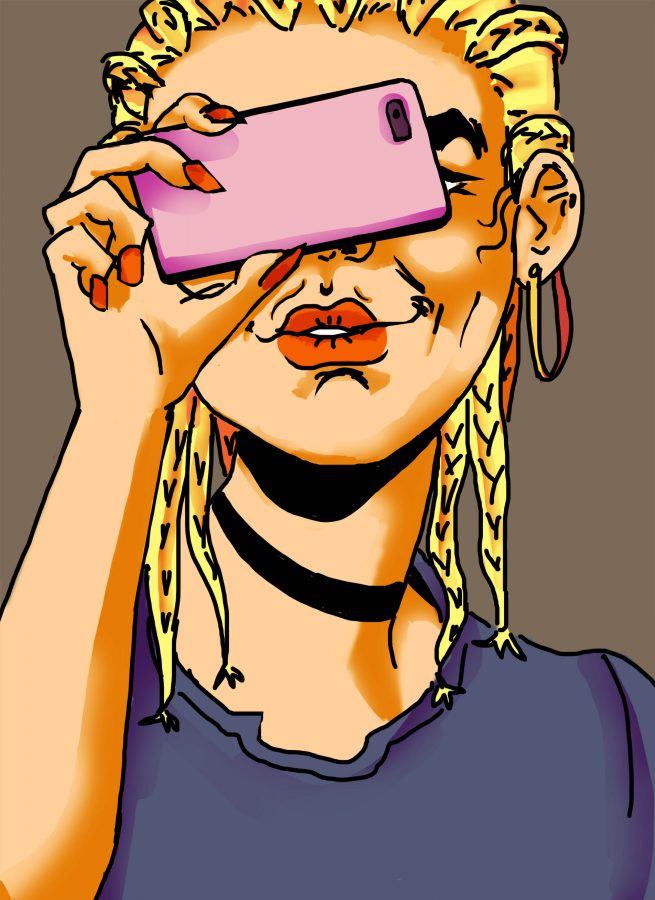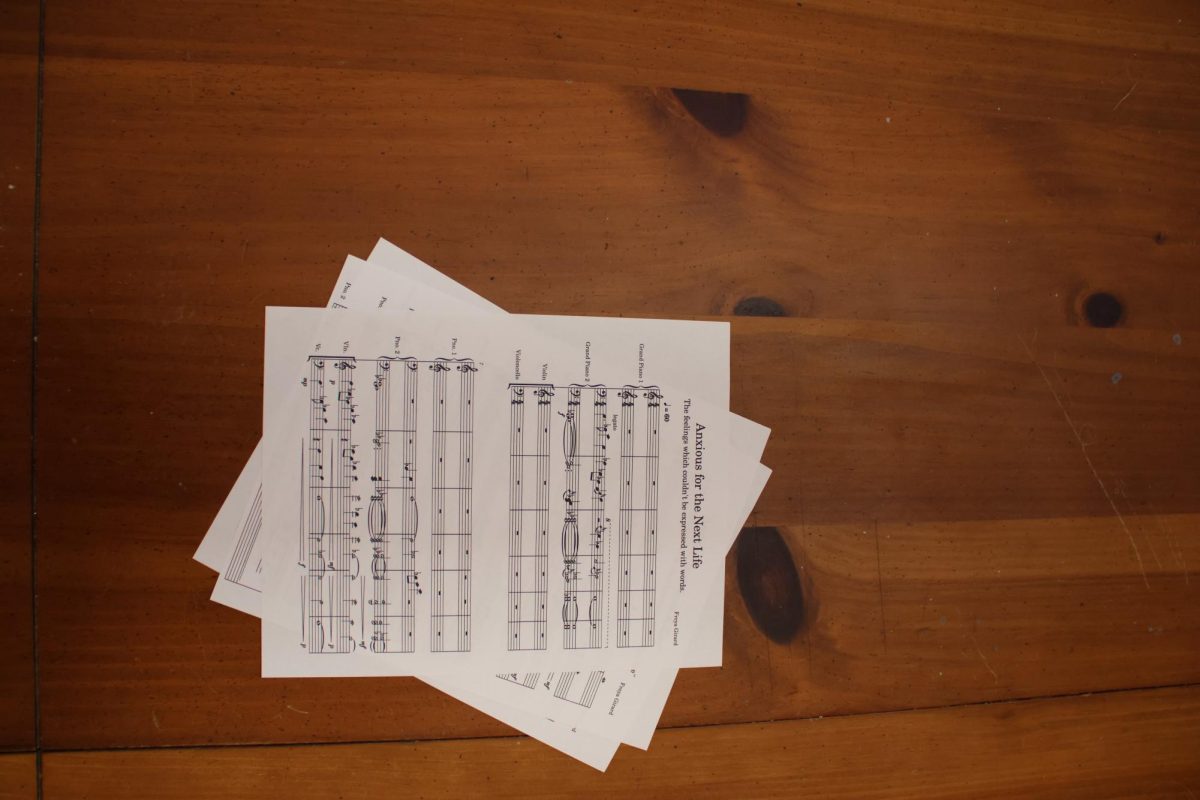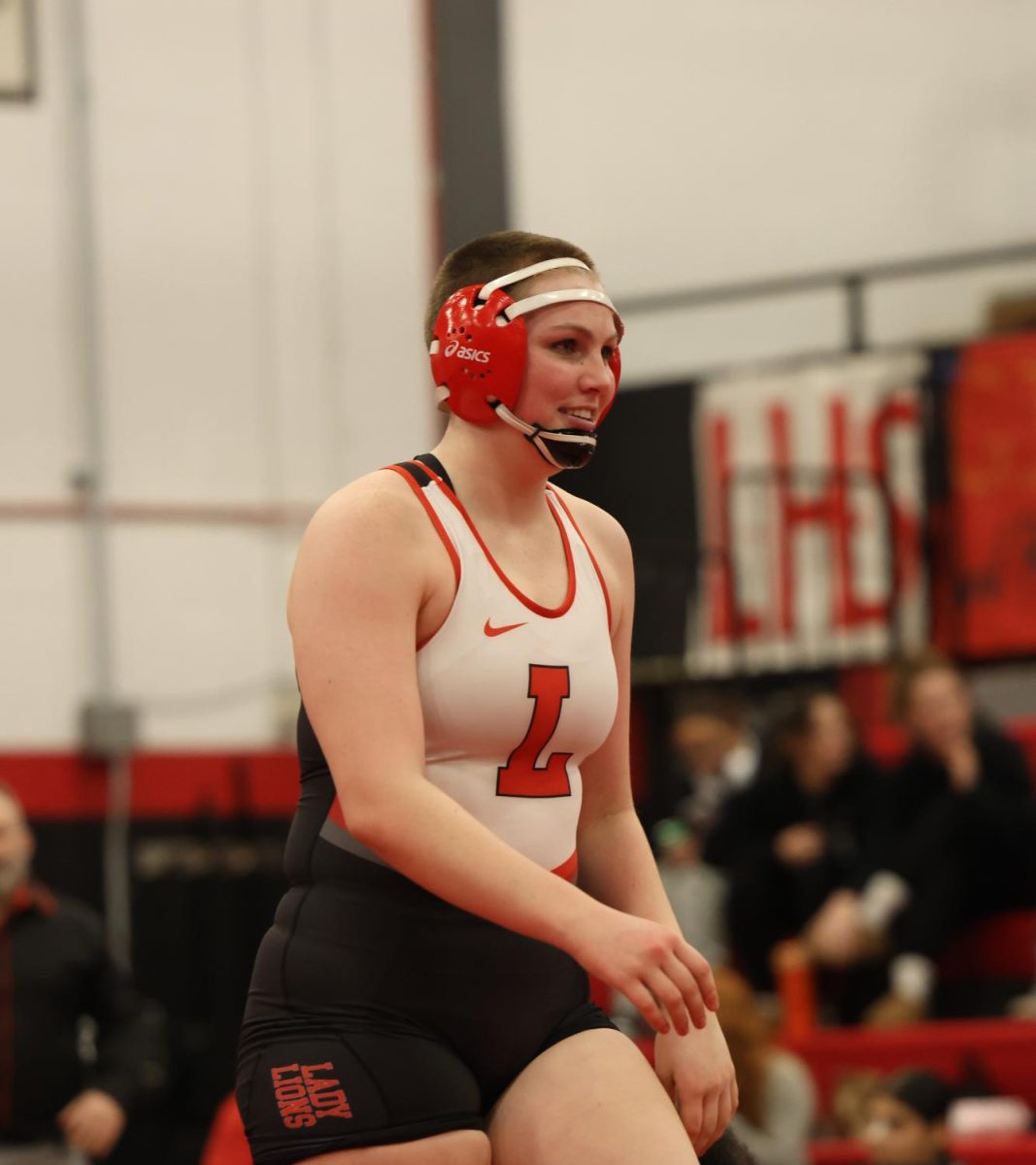OPINION: Appropriation vs Appreciation
Guest Editorial: Black creators of culture cannot be forgotten.
February 28, 2017
Cultural appropriation is probably a term you have heard tossed around in discussions or stumbled upon while scrolling on the Internet.
Yet many do not understand what it means or doubt it is a real thing. Often when I bring it up to my white peers, I hear, we are a country of shared cultures.
While we are all American and have lots of mutual interests and values, we have different roots. It would be considered shared culture if white people played a bigger part in creating the things they love to adopt into their own lives. Or if they attempted to appreciate or embrace where that culture comes from.
But the white student listening to music about the struggles people of color face may also blow off those struggles when they see them in real life. They want to wear cornrows but don’t take the time to understand the reason the style was created. More often than not, the hairstyles, music and slang created by people of color are viewed as “ghetto,” but then become popular among white people.
These sorts of cultural practices are common things that date back hundreds of years for people of color and make their culture what it is. Now, I know what you’re thinking, “Shouldn’t everyone be allowed to enjoy everything that is created by other Americans?”
But there’s a difference between appreciation and appropriation. Appreciation is the recognition and enjoyment of the good qualities in someone or something, leading to a joint culture. Appropriation is theft and claiming of something as your own without giving proper credit to the creator.
I see this a lot with hairstyles. Cornrows and whether it is appropriate for white women to wear them has been controversial for years. The Kardashian-Jenner clan love wearing cornrows, and while they may understand where the popular hairstyle comes from, many of their followers do not. For that reason, when they were spotted sporting the hairstyle, their fans renamed the braids “boxer braids” or “Kardashian braids” when in actuality the Kardashians played no part in creating that hairstyle.
While they could have made a public statement before or even after being called out for appropriating, they let it be and took the credit. The Kardashians erased hundreds and hundreds of years of creativity and originality. A hairstyle created to tame the hair that black women and men are mocked for was turned into a trendy, creditless look. It’s disrespectful.
This appropriation makes us feel less valued. We grasp onto the things we create because we have control over them. They are something we can call our own in a country we don’t always feel welcomed in.
When calling attention to things like appropriation I’ve been called “soft” and told to let it go because it’s not a big deal. But I want to make it clear that just because a problem doesn’t affect you, it doesn’t mean it’s not a problem. It’s not that the people of color in this generation are “soft,” it’s that they finally feel comfortable enough to voice how they feel about things.
The unrest didn’t just happen overnight. People of color have been forced to deal with situations they were uncomfortable with because they didn’t feel like they were important or safe enough to have their voices heard.
When a person of color tries to enlighten you to something you may be blind to because of your experiences, try to listen. We aren’t attacking you. We want to feel heard when we express what we are uncomfortable with.
We want who we are to be honored — not duplicated then forgotten about. POC are tired of white people fighting to use their creations but not fighting for us.















